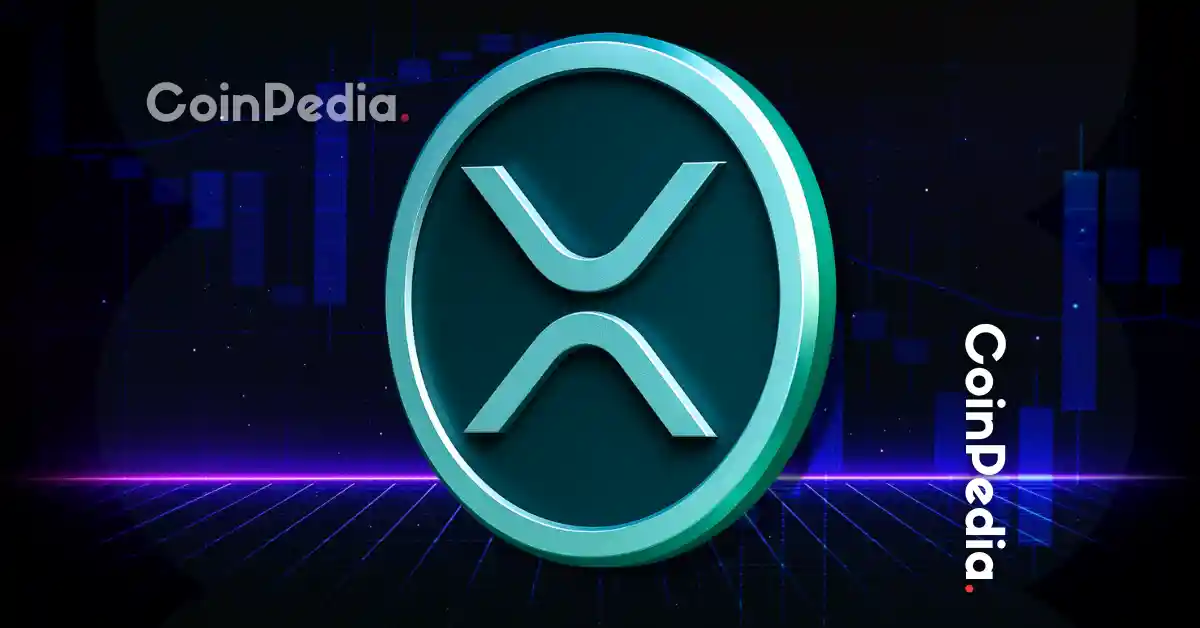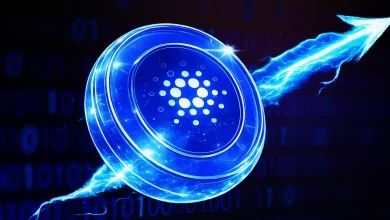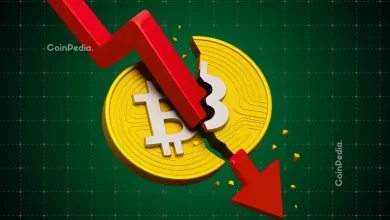
Ripple CTO teases new XRPL hub upgrade, designed to boost network stability and reduce sync issues under heavy traffic.
Despite low security ranking, XRPL’s UNL system ensures decentralization, with Ripple emphasizing it doesn’t control the ledger.
The XRP community is buzzing after Ripple’s Chief Technology Officer, David Schwartz, teased that a key upgrade for the XRP Ledger (XRPL) could be ready as early as next week. Known as one of the main architects behind XRP, Schwartz has been testing a new “hub” system designed to strengthen the network’s backbone.
Over the past few days, Schwartz has been running a hub server while monitoring its performance through bandwidth charts, latency graphs, and peer connections. After three days of smooth results, he revealed that the system is stable enough for production use. Even under heavier traffic, the network held strong, with latency never crossing 33 milliseconds, a level far below what would cause any concern.
Why the Hub Matters
The new hub isn’t just a technical experiment. Its purpose is to help XRPL nodes stay connected, especially during times of stress. By reducing the risk of sync drops and keeping the network tied together, it strengthens the reliability of the ledger. This fits neatly with XRPL’s long-standing reputation for stability, having operated without interruption since 2012.
Stability as XRP’s Selling Point
While some projects focus on flashy features, XRP’s value proposition has often rested on consistency and resilience. A hidden layer like this hub may not sound glamorous, but it plays a crucial role in ensuring that the ledger continues to perform without hiccups. For investors and developers, that reliability is just as important as any new functionality.
Schwartz hasn’t shared an exact launch date yet, but the update suggests that XRPL improvements are already in motion. If testing continues to go smoothly, this hub could soon be integrated into the live infrastructure, quietly strengthening the network’s backbone for years to come.
XRPL Ledger Faces Harsh Security Score
Meanwhile, in the other news, the XRP Ledger (XRPL) landed at the bottom of Kaiko’s Blockchain Ecosystem Ranking with a score of 41 out of 100, the lowest among 15 blockchains. Ethereum, Arbitrum, and Solana topped the charts, while XRPL’s placement reignited debates about its decentralization and security.
Ripple CTO David Schwartz pushed back on the recurring claim that Ripple controls XRPL. He highlighted the unique node list (UNL) system, which ensures validators only interact with trusted participants, allowing the community to swiftly reject bad actors.
“Ripple is a major contributor, but the ledger cannot be controlled by us,” he stressed.
Never Miss a Beat in the Crypto World!
Stay ahead with breaking news, expert analysis, and real-time updates on the latest trends in Bitcoin, altcoins, DeFi, NFTs, and more.
FAQs
The “hub” system is a technical upgrade designed to help XRPL nodes stay connected and avoid “sync drops” during heavy network traffic, strengthening the ledger’s overall reliability.
Stability is a key selling point for XRPL. The new hub ensures the ledger can maintain its long-standing record of operating without interruptions, which is crucial for investors.
The UNL (Unique Node List) system lets validators choose which participants to trust. This allows the community to swiftly reject bad actors and prevents any single entity, like Ripple, from controlling the network.
Trust with CoinPedia:
CoinPedia has been delivering accurate and timely cryptocurrency and blockchain updates since 2017. All content is created by our expert panel of analysts and journalists, following strict Editorial Guidelines based on E-E-A-T (Experience, Expertise, Authoritativeness, Trustworthiness). Every article is fact-checked against reputable sources to ensure accuracy, transparency, and reliability. Our review policy guarantees unbiased evaluations when recommending exchanges, platforms, or tools. We strive to provide timely updates about everything crypto & blockchain, right from startups to industry majors.
Investment Disclaimer:
All opinions and insights shared represent the author's own views on current market conditions. Please do your own research before making investment decisions. Neither the writer nor the publication assumes responsibility for your financial choices.
Sponsored and Advertisements:
Sponsored content and affiliate links may appear on our site. Advertisements are marked clearly, and our editorial content remains entirely independent from our ad partners.








